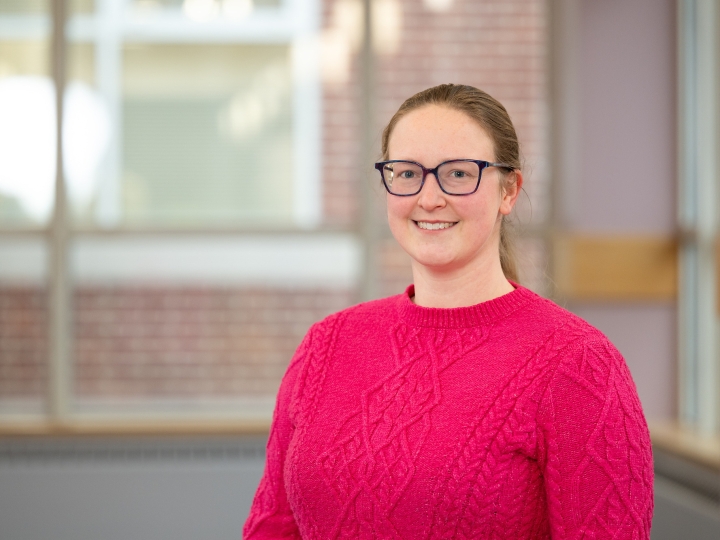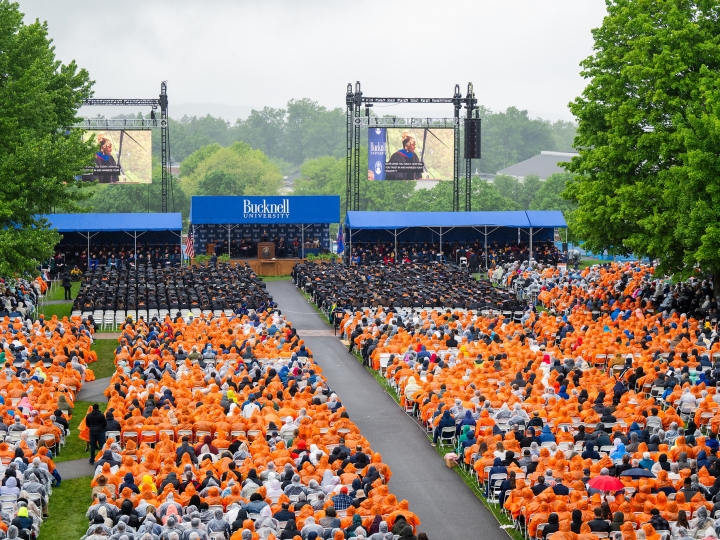Seeing the True Islam
October 14, 2016
As a Muslim born in America, I find myself in a very tough spot. This idea that being innately American and being Muslim are two mutually exclusive things is a tough pill for me to swallow. Islam is the core of who I am, and the idea that my core is profoundly un-American doesn't sit well with me. In fact, I believe that the fact I am able to practice my faith in a country that is not largely Islamic is a representation of American values and freedoms. Freedom of religion is in the fabric of this country and is in the founding tenets by which we all abide.
When Donald Trump expressed his "ban all Muslims" message, my immediate thought was, "Oh no, not again." This isn't the first time I've heard anti-Islamic sentiments, and I feel compelled to try and clear up the misunderstandings. ISIS and other radical groups do not represent Islam. In fact, in the Quran, Muslims' holy book, killing a single person is equated to killing all of mankind. So how can you explain the comments that killing innocent civilians and decapitating journalists is what Islam preaches? This is a time where violence is rampant all over the world, and it's very easy to point the finger at people to instill even more fear.
It's especially easy to do with groups like ISIS coming out and playing directly into the rhetoric that the media and others have been expressing. When non-Muslim terrorists commit violent acts in the name of Christianity, Judaism, etc., people of these faiths are not put on the chopping block to explain themselves and distance themselves from the terrorist acts committed. They don't have to explain why Christianity is not a violent religion or why Judaism does not represent what people do in the name of their faith. And nonviolent people of faith shouldn't have to. Religion isn't inherently violent; it's people's interpretations of religion that can lead to violent acts. As people of faith, we should all know that terrorism has no religion. Terrorists who have the audacity to kill other human beings don't have a glimmer of faith in their hearts.
Because of the rhetoric that has been expressed during this presidential campaign, I feel unsafe living in America. Statistics show that since the rise of ISIS and since Donald Trump began his campaign, there have been increases in violent attacks on Muslims. As a result, I feel conflicted about practicing my faith in the way I wish. A couple of Muslim students on campus have shared a similar sentiment with me. One student mentioned that he feels at odds with himself about praying five times a day (as Muslims are told to do) because he is afraid other students will see him and characterize him as highly religious or, even worse, as an ISIS sympathizer. Due to this, the student is uncomfortable praying freely where he wishes and finds it hard to practice his Islamic faith. By extension, he feels unsafe to be himself — to be Muslim.
So many people make misinformed conclusions about the Islamic faith based on misleading information, causing them to dislike Muslims in general. But with open-mindedness and understanding, these same people can become more informed about the faith and understand what Islam is really about.
At Bucknell, the Interfaith Council provides that opportunity. Bridging the gap in understanding is a huge step, allowing people to see the true Islam in a time when people of our faith are being hit left and right with false accusations. I truly hope the Interfaith Council continues to do its good work and that it has the ability to grow and gain more recognition throughout campus.
Kabir Uddin '19 is a Posse scholar from Cambridge, Mass. He is majoring in accounting and financial management and is one of seven leaders of the Interfaith Council as well as president of the Muslim Student Association. He also is a resident adviser and diversity intern for the Office of Admissions.

